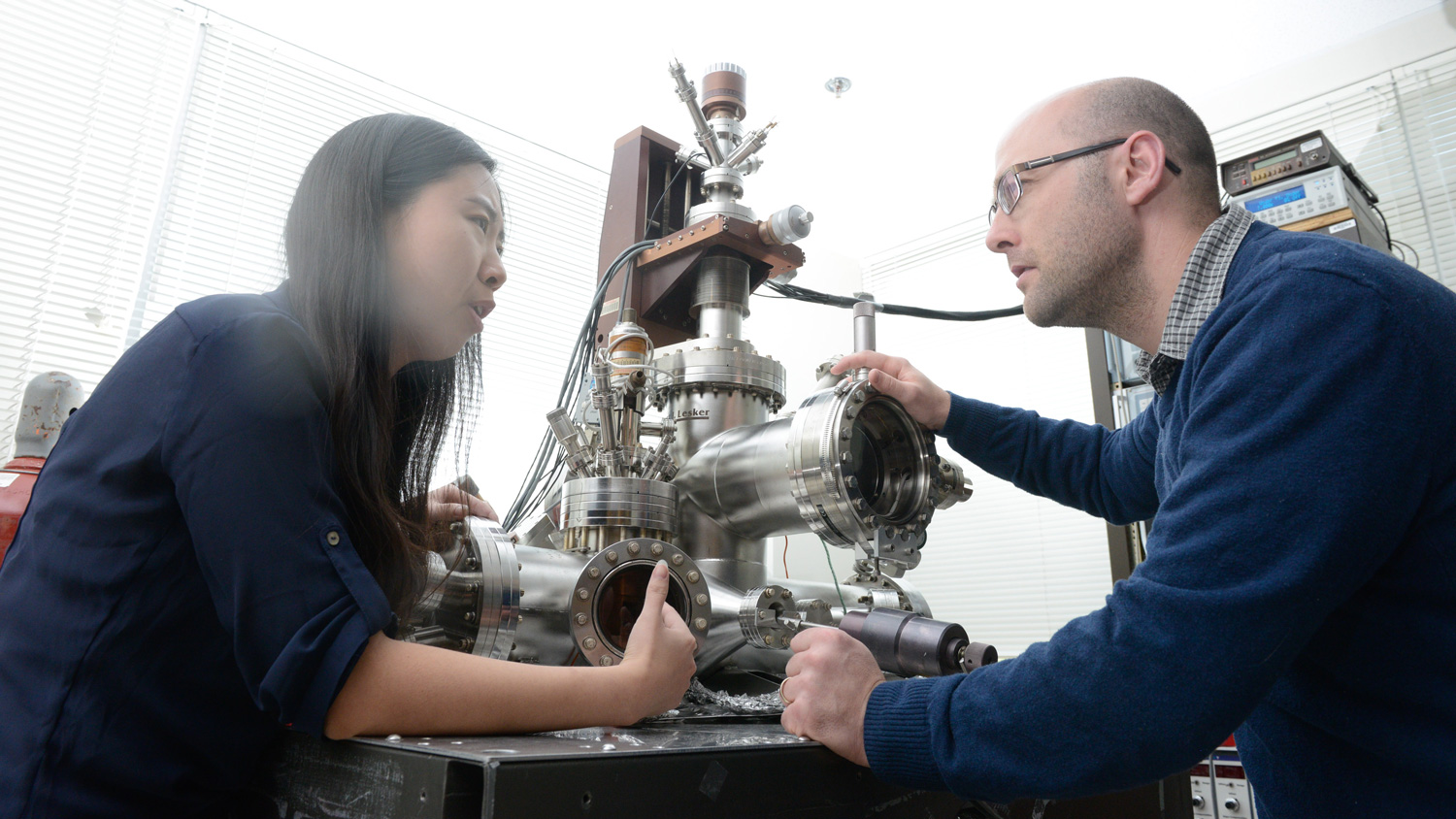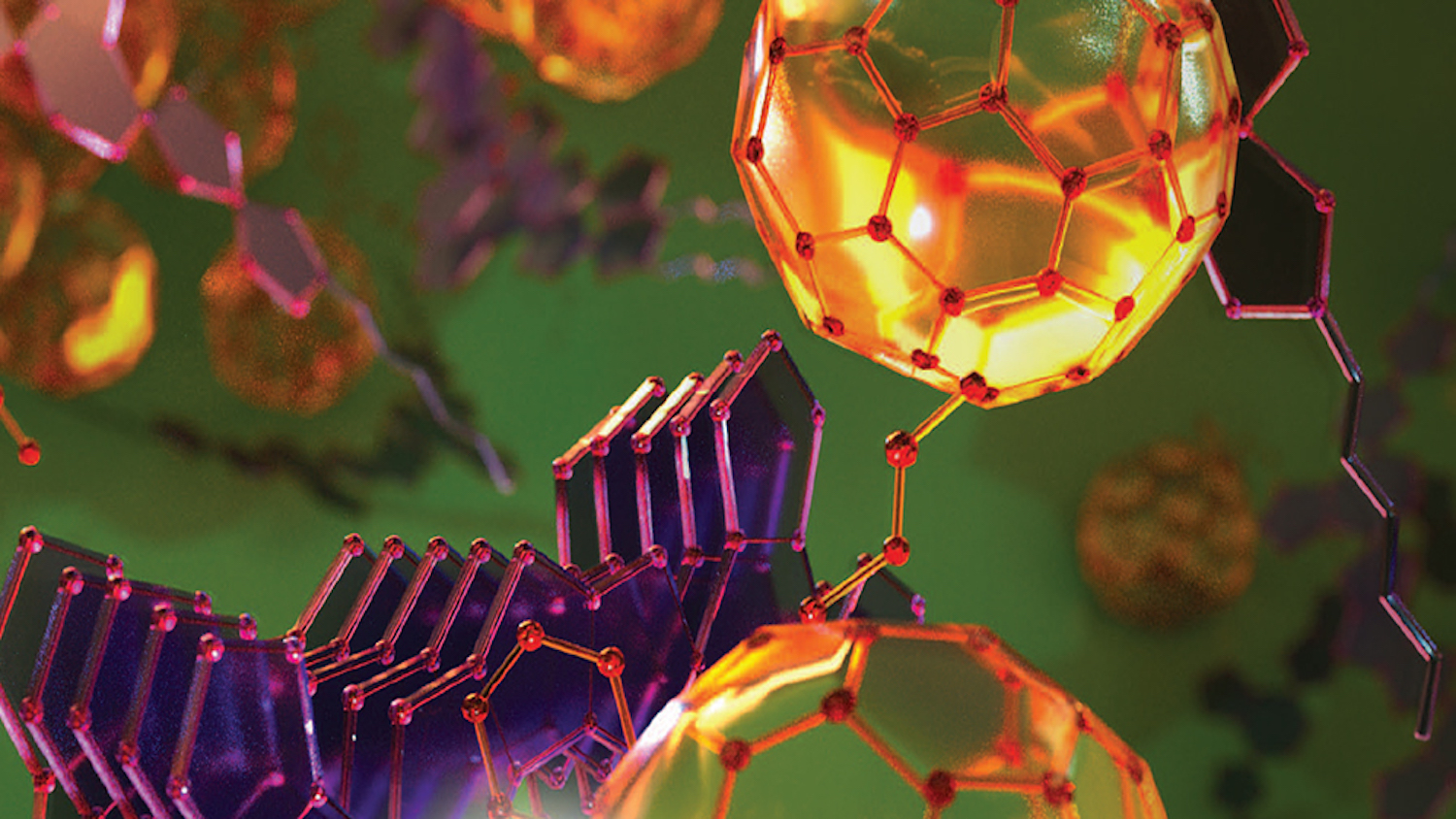
Carbon Electronics
We work to revolutionize the use of carbon-based technology involving computers, renewable power sources and energy storage.
About
Cluster Type
Cluster Coordinators
Cluster Colleges
Social Media
Strategic senior hires and complementary facilities will fill critical gaps that will lead to international prominence in next-generation, carbon-based energy, display, solid state lighting and/or detector technology and computation platforms, allowing for the exploitation of their semitransparent or unique spin properties. We envision interrelated fundamental and applied technology advances that provide revolutionary computing approaches, renewable power sources, advanced energy storage and novel device capabilities such as energy-efficient and low-cost memory and sensor devices. Many of these can be integrated into truly self-sustaining systems such as self-powered greenhouses, integrated solar cell-algae bioreactors, or integrated, self-powered health monitors. Our vision is to become a global carbon electronics leader, and we believe that cluster faculty, in synergy with existing faculty and infrastructural resources, is the final critical investment to establish and maintain a leadership position.
Cluster WebsiteHistory
The cluster was nucleated through an ideation workshop in 2014 funded by a small NC State’s Research and Innovation Seed Funding grant, which was leveraged into a University of North Carolina General Administration Research Opportunities Initiative grant of $2.8 million. These funds were used to support hires in material science, chemistry, and electrical and computer engineering as well as build unique instrumentation in shared laboratories. Collaborative research by approximately 10 cluster members involves activities in fundamental research, applied and use-based research, and technology translation. The Carbon Electronics cluster has benefitted from significant external funding that resulted in and supported numerous high profile and highly cited publications, as well as innovations that led to three startup companies.






